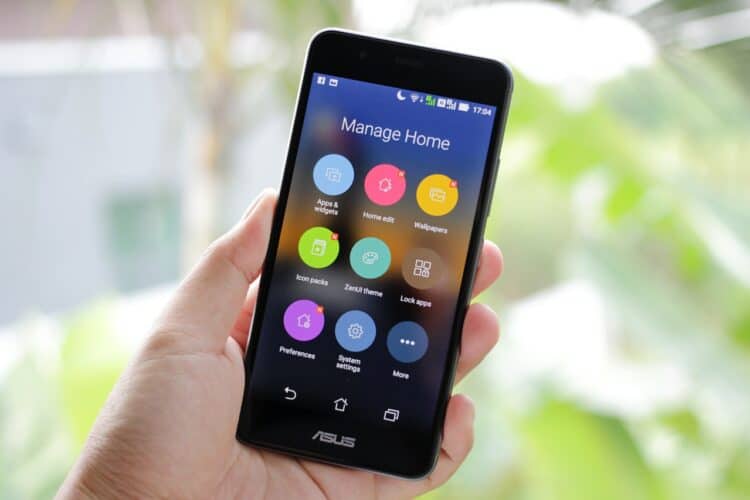Following a competitive assessment of device management for the massive IoT, ABI Research recognized Huawei and Nokia for seeking to differentiate their offerings by providing advanced capabilities in key areas.
The in-depth study assessed, compared, and ranked the platform vendors across thirty different action items for their device management services in ten categories: communication protocol breadth, group policies, diagnostics and business rules, remote configurability, device agents, ease of device onboarding, secure onboarding/off-boarding capabilities, interoperability, partnership/collaboration, and ability to offer commercial flexibility.
Ranking criteria were split between innovation and implementation, with the global spread and adoption of LwM2M (Lightweight Machine-to-Machine) expected to continue as the next-gen LPWA (Low Power Wide Area) connectivity technologies, like NB-IoT and LTE-M, rollout accelerates.

“Beyond scalable deployments, these disruptive platform vendors add value by bundling their device management services with data storage, connectivity management, and application enablement,” said Abdullah Haider, IoT network and services research analyst at ABI Research.
He added that the leaders are also delivering device management services with greater granularity and superior visibility by offering a unified platform, providing metrics and alerts for the physical device and the network connectivity.
“Beyond sophisticated device management toolsets, leaders provide a breadth of compatible hardware and boast in-depth strategic partnerships for sales and product support channels,” he noted.
However, ongoing commoditization threatens the leaders’ competitive advantage in device management as followers seek to catch up to leaders.
“LwM2M is likely to continue creating a standardized suite of services with which vendors are increasingly compliant, especially at the application layer,” Haider explained.
Nevertheless, leaders may still retain advantages due to ongoing frictions in compatibility, “Module and gateway OEMs have not universally accepted the LwM2M standard into their devices. So, delivering effective device management services still requires suppliers of these services to provide a catalogue of hardware which supports their solution for out-of-the-box operations, at least in the foreseeable future,” explained Haider.
Also, solely adopting LwM2M does not address every challenge facing a device management customer.
“Other challenges include providing a unified dashboard for different hardware types or personnel in different departments. As a result, leading vendor services include developing custom objects beyond the baseline LwM2M application standard, which often offers additional value through remote configuration at a more granular level,” Haider concluded.
Also evaluated and ranked by ABI Research were:
Mainstream: AVSystem, Verizon, IoTerop, Deutsche Telekom, and Pelion



